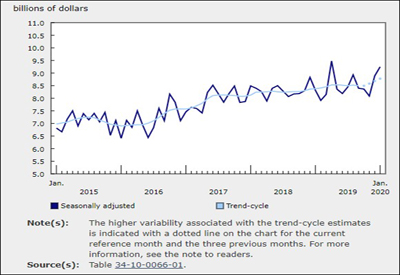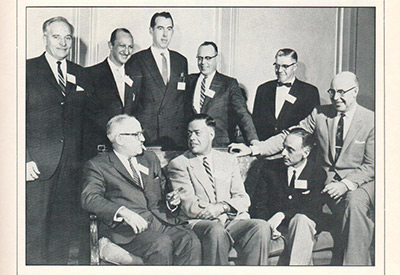5 Mentoring Misconceptions That Are Holding Back Millennials

Feb 29 2016
Jenessa Connor
Is there a more elusive and misunderstood creature than “the mentor?” You know that having a mentor is important to your career and professional development, but how are you supposed to get one? What do they look like? What’s their natural habitat, and what kind of care do they require?
As with any mysterious subject matter, mentor misconceptions abound. But here’s the good news: a mentorship is just another type of human relationship. Each one looks a little different. There are no hard and fast rules, but there are some universal mistakes you should definitely avoid when seeking out and interacting with your mentor. Or be aware of if you’re thinking of offering yourself as a mentor.
1. Mentorships have official start dates
Getting a mentor isn’t like getting engaged; there’s no diamond ring or official question to pop. You don’t have to officially ask someone to be your mentor.
You can simply allow an existing relationship to evolve or begin asking someone whose career you admire — this could be a manager, a colleague, a professor, a LinkedIn connection — for small increments of their time to chat about your shared industry or career paths.
This could happen over lunch, a cup of coffee or a 10-minute phone call. If the person is receptive, ask if they’d be open to meeting again in the future. Take it slow, and always thank them for their time.
2. A mentor is a therapist
Because they have more experience, mentors can offer valuable perspective and often coach you through tricky work scenarios and times of uncertainty. However, a mentor is NOT a counsellor.
This is a professional relationship, so resist the urge to vent, gossip or unload personal issues. If you want their help with a work-related challenge, be sure to present the situation as objectively as possible and share the steps you’ve already taken to address the issue.
3: A mentor’s job is to always be there for you
Ideally, your mentor is an experienced, successful person. People like that don’t have hours of free time. They’re busy running companies and advancing their own careers.
So, if your mentor declines a coffee invite or asks to reschedule a lunch for next month, happily oblige and let them know you appreciate their time.
4: A mentor introduces you to their network and hooks you up with interviews
This, of course, has been known to happen. A mentor is a vital part of your professional network, which is a great source for new connections and job opportunities. But don’t expect a mentor (especially if your relationship is still new) to simply hand over their contact list.
Work on establishing trust and a strong rapport. Remember that an introduction from your mentor is an endorsement of sorts, so be sure that you’re doing everything you can to be the strongest, most well-rounded professional possible. Your mentor, once they get to know you, may eventually offer to connect you to others within their network.
5: You can only have one mentor — for LIFE
You may experience a complete career change (or two) over the course of your working life. While the notion of having one mentor who’s with you from your first job all through retirement is certainly romantic, it’s not realistic or necessarily helpful.
Mentorships don’t come with contracts or exclusivity agreements, so don’t be afraid to establish relationships with multiple people you admire. And, while it’s always smart to keep your network wide and diverse, it’s also fine to let fading relationships phase themselves out.
What happens if you make a mistake with your mentor? Say you accidentally overshare too-personal info or realize that you stepped over the line with a request. Apologize if necessary, and remember that gratitude goes a long way.
Send your mentor a note that expresses how much you appreciate their time and perspective, and then give them a little time and space.
And don’t sweat it too much — mentors are used to rookie mistakes.
Question: What other mentoring misconceptions exist today?
This article was originally posted on FirstJob.com by Jenessa Connor, a freelance writer who has been published in Oxygen, Men’s Journal, Yoga Journal, The Box, WODTalk and corporate blogs about health, fitness, CrossFit, gear, sleep and professional development. Find out more about Jenessa: https://jenessaconnor.contently.com.











